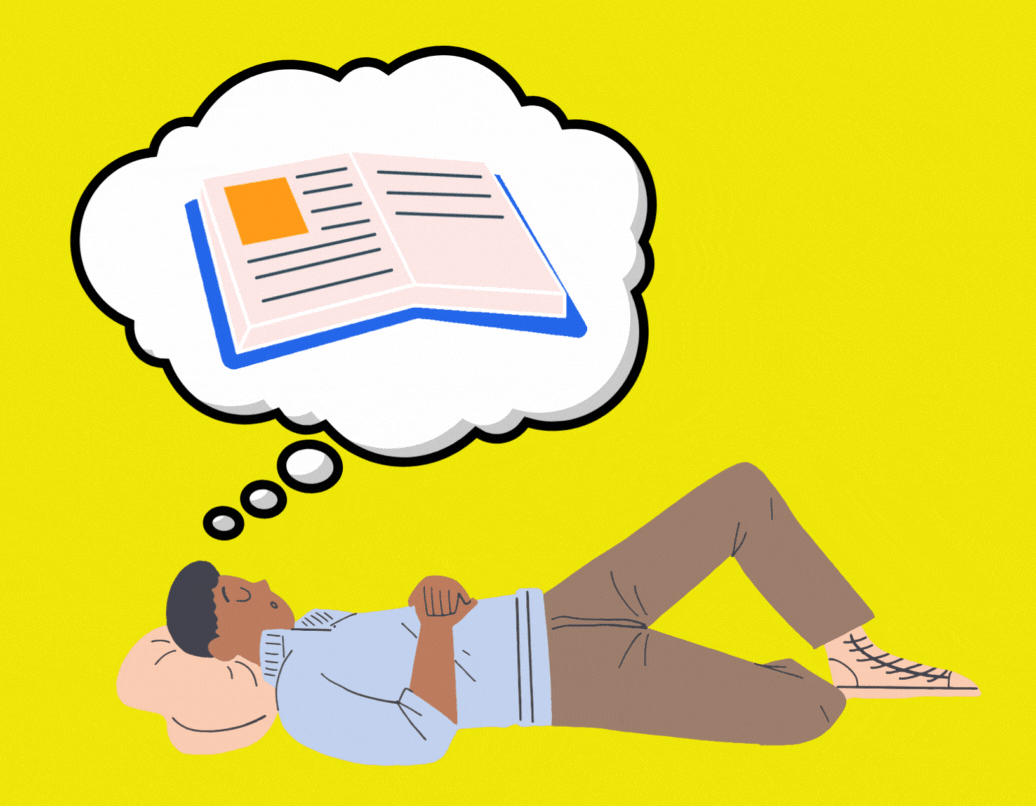What does it mean to “know” something? Knowing something involves more than just recognizing familiar material. That’s why simply re-reading course material as exam preparation might lead to a false sense of confidence. True comprehension comes from being able to recall material from memory and explaining it in your own words. Testing yourself by recalling content and teaching it to others are effective ways to gauge how well you know something. Ultimately, your exam readiness hinges on your ability to remember information and apply it in different situations.
Use these strategies for optimal exam preparation:
- Understand the exam format. Know what’s covered, whether it’s cumulative, and what materials you can use during the exam.
- Test yourself on the material. Summarize, recall details, and compare information. Wait at least 30 minutes between reading something and self-testing to enhance memory and interrupt forgetting.
- Say your answers aloud. When testing yourself, say your answers aloud in your own words. Doing so forces you to give a full answer and not be satisfied with a vague answer.
- Take practice tests. Practice tests will not only give you a sense of the type of questions you’ll find on the exam, but you can also practice working under exam conditions and identify content areas you need to study more. However, practice tests from previous semesters can’t help you judge if you’ve studied enough for an upcoming exam because the content might be slightly different this semester.
- Get feedback on your answers. Double-check your answers against source materials.
- Create a comprehensive Q&A study guide. Mimic exam questions to practice retrieving information.
- Space out your retrieval practice. Test yourself regularly throughout the semester for better retention. The day before an exam should be time for review, not for initial learning.
- Mix up your practice. Solve problems out of order and vary problem types. This approach will help you become better at reading context clues, looking for commonalities between problems, and applying knowledge to new situations.
- Teach the material to someone else. If you can teach it, you know it well.
- Overlearn. Study beyond initial mastery to prevent forgetting.
Written by Julianne Reynolds, Associate Director and Learning Specialist for International Students, Weingarten Center
Further Reading:
Brown, P. C., Roediger, I. H. L., & McDaniel, M. A. (2014). Make it stick: The science of successful learning. Harvard University Press.
Willingham, D.T. (2023). Outsmart your brain: Why learning is hard and how you can make it easy. Gallery Books.

